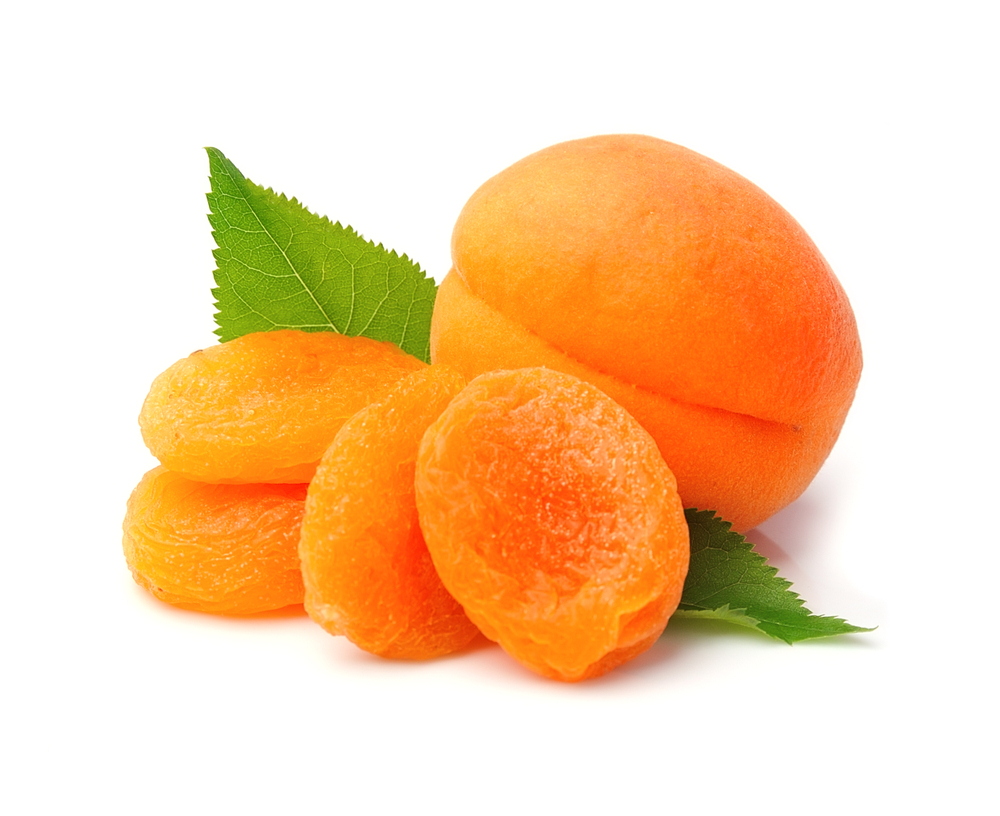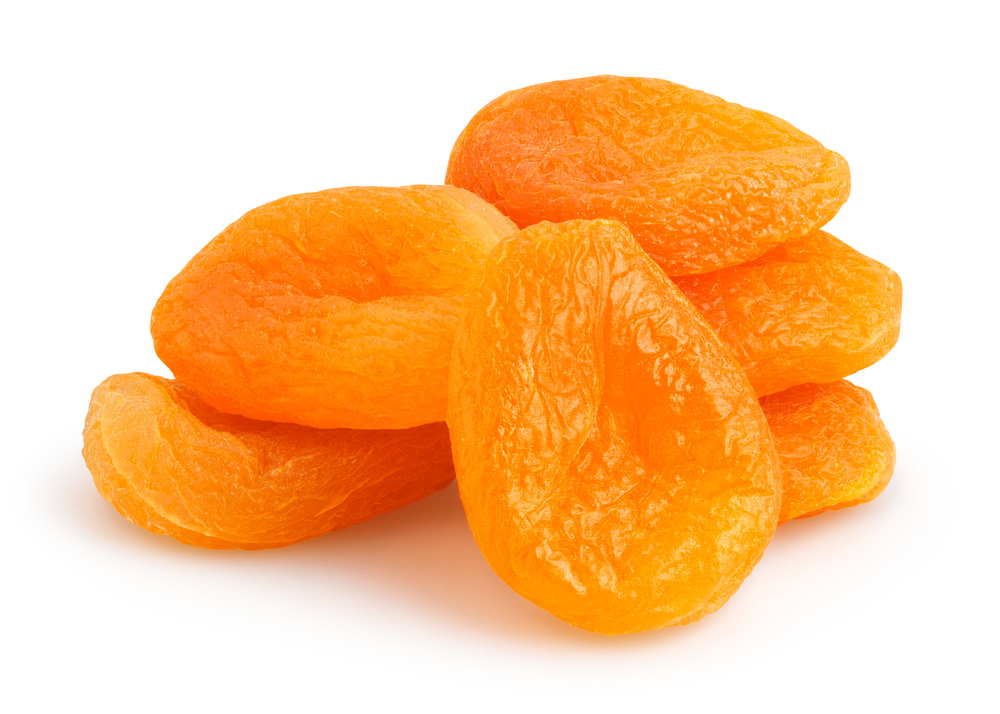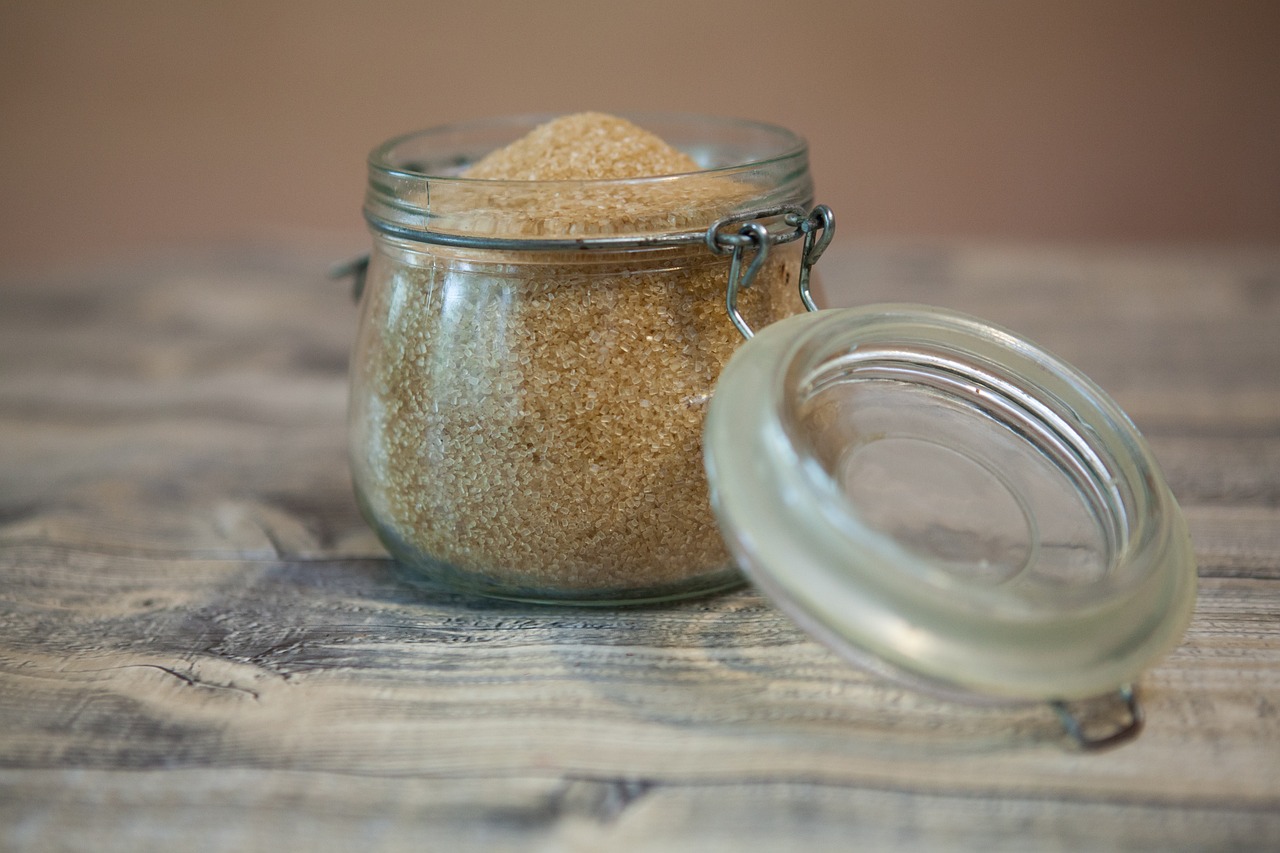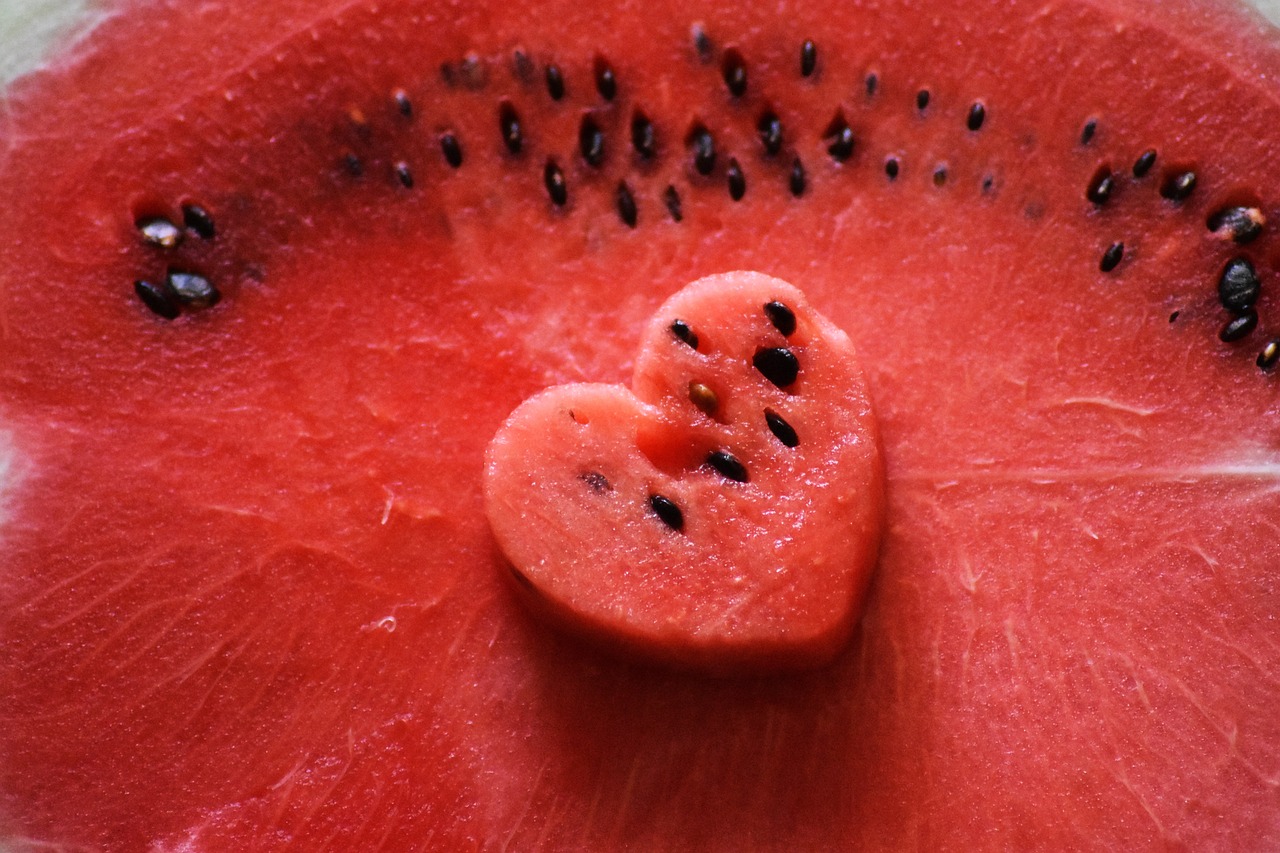Click to Skip Ahead
Our dogs are omnivorous creatures—just like us. That means they could enjoy a wide selection of meat, fruits, veggies, and grains! If you’ve been looking for a few different options, other than boring dog treats to get your dog’s appetite going, you might’ve considered dried fruit.
Fruit can be a suitable choice, and dried apricots are a common “people” snack that you may wish to share with your dog. Ultimately, can your dog eat dried apricots? Yes, dogs can eat dried apricots, but due to a few different factors, you should only feed them to dogs as an occasional snack. Let’s get into it.
Why Can Dogs Eat Dried Apricots?
Dogs can eat dried apricots in moderation. Apricots can be a beneficial fruit treat, but are usually best when served fresh. The flesh of apricots is not toxic to dogs, so once the apricot is dried, it still is non-toxic to dogs. But dried fruits are more sugary, and smaller amounts contain more calories than the fresh fruit, so dogs should only eat them in moderation. In general, treats and snacks such as dried apricots should only make up 10% of your dog’s calorie intake.

Benefits of Feeding Apricots to Dogs
Apricots Aid in Digestion
Apricots have a ton of dietary fiber which can help keep your dog’s digestion regular and healthy, helping prevent issues like constipation.
However, they should never be used as a regular additive to the diet to get your dog to go to the bathroom. If constipation persists for more than a day or happens frequently, you should always get in touch with your vet to uncover why your dog might be experiencing this.
Apricots Are Full of Vitamins and Minerals
Apricots contain several beneficial vitamins and minerals, including vitamin A for skin and coat, vitamin C for immunity and bone development, and beta carotene for eye health. They are also a good source of the electrolyte potassium which is essential for proper muscle and nerve function.
Risks of Feeding Dried Apricots to Dogs
Even though there are benefits, there are a fair share of downfalls to feeding your dog dried apricots as well.

Concentrated Sugars
When the apricot is dried all the nutrients, including sugar, are concentrated. Since dried apricots are smaller in size than fresh ones but contain the same amount of sugar, it is easy for your pup to overindulge and have an unhealthy amount of sugar.
Calorie Content
Lots of different types of dried fruit have a very high caloric content due to the concentrated sugars. Since your dog’s daily calorie requirement should be taken care of by their daily diet, any extra should definitely be given in moderation.
Choking Hazards
Dried apricots are semi-large and some have a firm texture. If a dog is not chewing them very well, they could get lodged in their throat and be a potential choking hazard.
Upset Tummy
If your dog has too many apricots, or anything outside of the realm of their normal diet, it can absolutely cause an upset stomach. The high levels of sugar and fiber in dried apricots can lead to diarrhea and vomiting. This is particularly true in dogs with sensitive stomachs.
How Many Dried Apricots Can Dogs Eat?
Dogs should not eat more than one apricot at a time—if that. It’s much safer if you piece it apart into separate bits so your dog isn’t eating one big hunk at a time.
Before feeding dried apricots, check the packet for any added sugars or other harmful additives, and avoid any dried fruit mixes as these may contain raisins which are toxic to dogs.

Feeding Fresh Apricot to Dogs
Fresh apricots can be a better option than their dried form. However, if you’re going to feed your dog fresh apricots, you should always remove the pit first.
Apricot pits have a naturally occurring compound in them called amygdalin that converts to cyanide in the gastrointestinal tract. Cyanide is toxic to both dogs and humans, but it can affect dogs in lower amounts due to their smaller body size.
Conclusion
Now you understand that there can be health benefits of eating dried apricots, but fresh fruit is generally a better choice as an occasional sweet treat for your pup. When feeding fresh apricots, however, you have to be careful about the seeds.
Always pit any fresh fruit, as the seeds contain toxins that can make your pet very ill. If feeding dried apricots, remember one small piece on occasion is plenty.
Featured Image Credit: New Africa, Shutterstock














